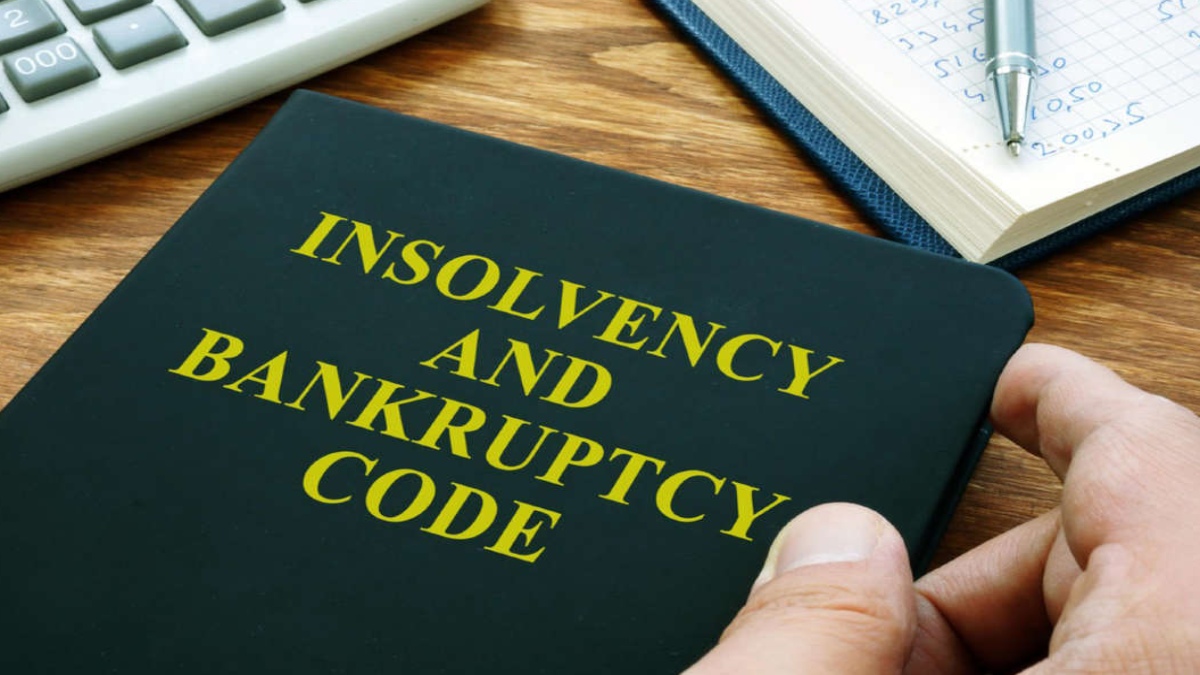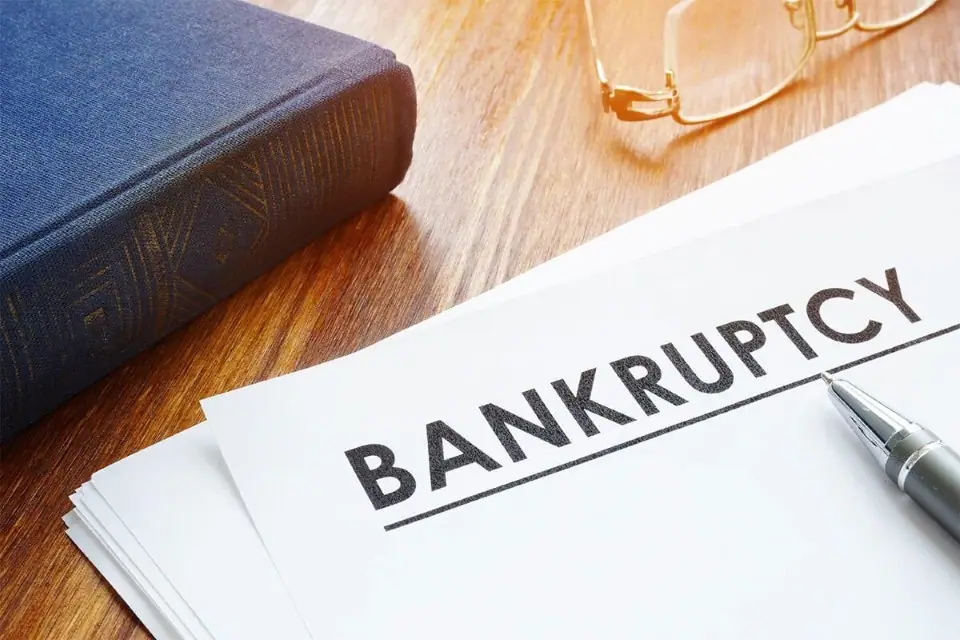What Is n Example of Insolvency and Bankruptcy?
Insolvency and bankruptcy refer to an individual's or organization's inability to pay debts owed to creditors. Insolvency is the state of being unable to pay debts, while...
Is Bankruptcy a Type of Insolvency?
Bankruptcy and insolvency are related legal terms that both involve an individual or business being unable to repay outstanding debts. However, they are not exactly the same...
What Is The Largest Bankruptcy In The world?
Some of the largest and most complex bankruptcies in history have involved major corporations from around the globe. When a massive company files for bankruptcy protection, it...
How Do You Calculate Bankruptcy?
Bankruptcy calculations are complex and require looking at your current financial situation as well as estimating future income and expenses. The goal is to determine if you...
Does Bankruptcy Clear All Debts?
Bankruptcy can provide relief for people who are unable to pay their debts. However, it does not clear all debts. Certain types of debts cannot be discharged...
What Is The Period For Bankruptcy Order?
Bankruptcy is a legal process that provides debt relief to individuals and businesses who can no longer repay their debts. When a debtor files for bankruptcy, an...
What Is The Bankruptcy Level?
Bankruptcy is a legal process that provides debt relief to individuals and businesses who can no longer repay their debts. There are several different "levels" or chapters...
How Long Is a First Time Bankruptcy?
Declaring bankruptcy can provide much-needed financial relief for individuals overwhelmed by debt. However, it also comes with consequences that can follow you for years. If you are...
What Insolvency Means
Insolvency is a critical concept within the legal and financial world, often raising questions and concerns for individuals and businesses alike. This article aims to shed light...
What Are The Two 2 Types of Insolvency?
Insolvency is a critical financial state where an individual or a business is unable to meet their financial obligations. In this article, we will explore the two...













